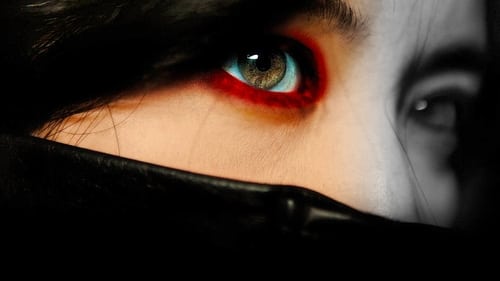
A jovem Lee Geum-Ja, aos 19 anos de idade, é presa pelo sequestro e morte de um garoto. Na cadeia, descobre que foi traída por seu cúmplice, o Sr. Baek. Prestativa com seus companheiros de cela, Geum-Ja conquista a simpatia deles, com quem planeia cuidadosamente por 13 anos a sua vingança. Conclusão da "Trilogia da Vingança", do aclamado diretor Chan-wook Park, de "Oldboy" e "Sympathy for Mr. Vengeance"
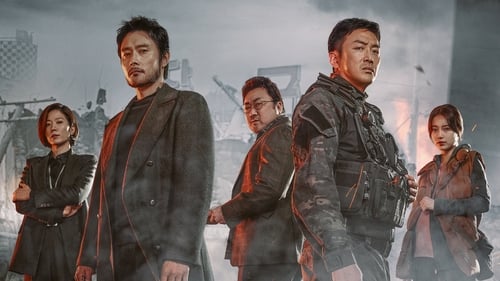
Estagnado desde 1903, a 9000 pés de altitude, um vulcão entra em erupção na Montanha Baekdu, localizada na fronteira entre a China e a Coreia do Norte. Armado com a ameaça de erupções iminentes, uma equipe de profissionais treinados exclusivamente da Coreia do Sul e do Norte se unem. Juntos, eles devem unir forças e tentar evitar um desastre catastrófico que ameaça a Península Coreana.
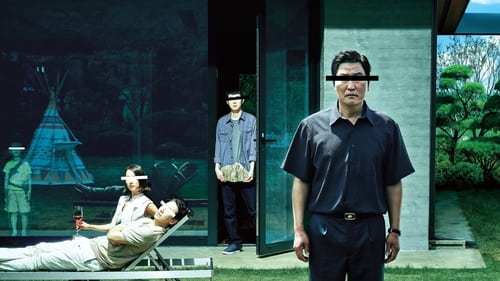
Toda a família de Ki-taek está desempregada, vivendo num porão sujo e apertado. Uma obra do acaso faz com que o filho adolescente da família comece a dar aulas de inglês à garota de uma família rica. Fascinados com a vida luxuosa destas pessoas, pai, mãe, filho e filha bolam um plano para se infiltrarem também na família burguesa, um a um. No entanto, os segredos e mentiras necessários à ascensão social custarão caro a todos.
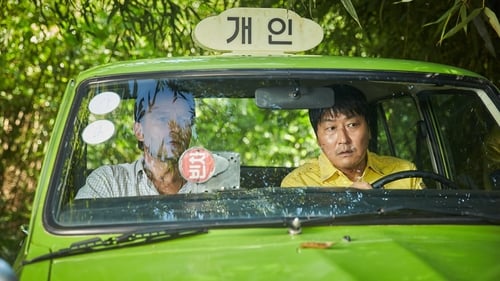
Em 1980, durante a ditadura militar na Coreia do Sul, um humilde taxista de Seul é contratado por um jornalista alemão Jürgen Hinzpeter para levá-lo até a cidade de Gwangju. Ao chegar lá, eles se deparam com o lugar tomado pelo governo militar e com os cidadãos, liderados por um grupo de estudantes, reivindicando liberdade. O que começa com uma simples corrida de táxi se torna uma luta pela sobrevivência em meio à Revolta de Gwangju, em maio de 1980.

Na década de 1970, a Coréia está sob o controle absoluto do presidente Park, que controla a KCIA, a organização com vantagem sobre qualquer ramo do governo.
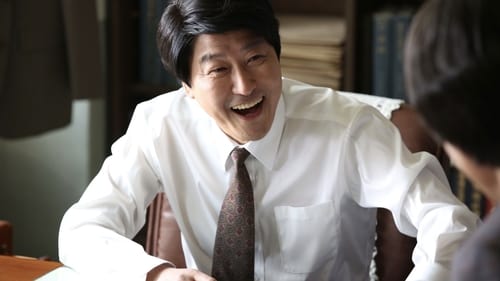
No início dos anos 1980, a Coréia do Sul encontra-se dividida pelos protestos estudantis devido a falta de representação no governo. Woo-Seok Song é um advogado de sucesso em Busan, especializado em direito tributário. Os seus pontos de vista sobre as liberdades civis são alterados pelo ativista estudantil Jin-woo Park. Quando Jin-Woo é brutalmente torturado e julgado pelo seu ativismo, Woo-seok decide defender Jin-woo como seu cliente.
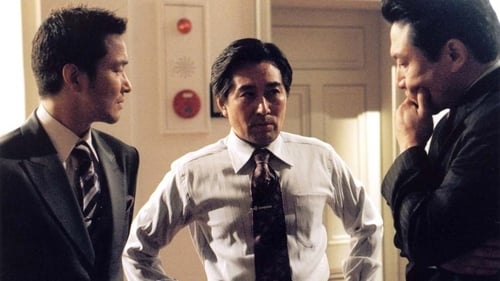
On October 26, 1979, President Park Chung-hee, who had ruled South Korea since 1961, was assassinated by his director of intelligence. The film depicts the events of that night.
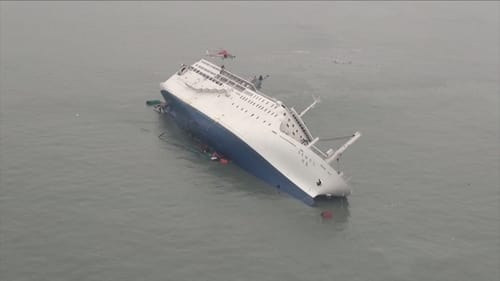
Quando a balsa de passageiros MV Sewol afundou na costa da Coreia do Sul em 2014, mais de trezentas pessoas perderam a vida, a maioria delas crianças. Anos depois, as famílias e sobreviventes das vítimas ainda exigem das autoridades nacionais que a justiça seja cumprida.
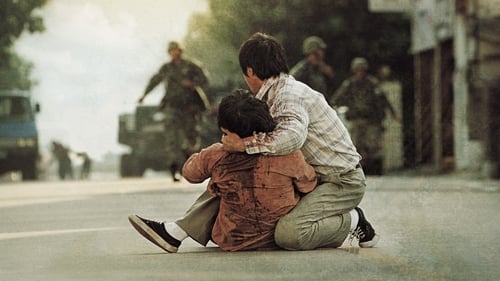
The citizens of Gwangju lead a relatively peaceful life, until one day the military takes over the city, accusing the residents of conspiracy and claiming that they are communist sympathisers preparing a revolution against the current government. Seeing as the soldiers beat defenceless people, mainly students, to death, the citizens are in for retaliation and form a militia.
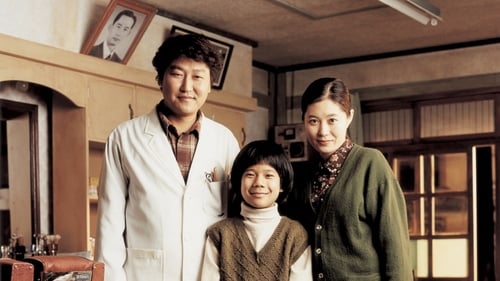
A well-meaning but politically naive barber gets pulled into the inner circle of the South Korean dictator Park Chung-Hee, with rather baleful consequences for his hapless family. This sharp political satire covers roughly twenty years in South Korean political history, from the viewpoint of the barber's son.
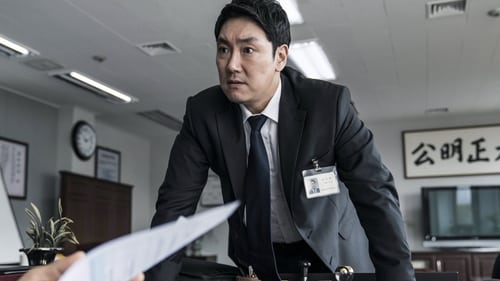
A prosecutor is falsely accused of sexual assault in a suicide note from a woman that he is convinced was actually murdered. As he investigates her death to clear his name, he realizes that the truth lies in a huge financial scandal.
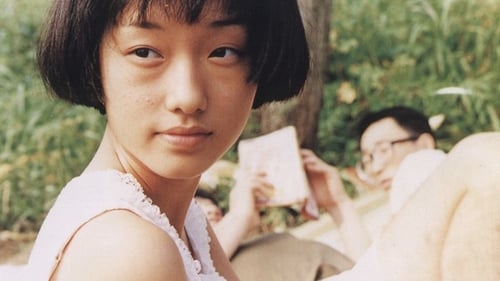
A young girl is caught up in the 1980 Gwangju massacre, where Korean soldiers killed hundreds, if not thousands, of protesters who opposed the country's takeover by the military the year before. Flashbacks show the girl seeing her mother shot to death in the massacre. The film spurred the Korean public to demand the truth behind the incident, and their government eventually opened previously classified files on the massacre.
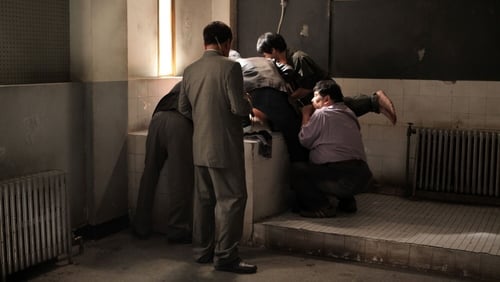
On September 4, 1984, democracy movement leader Kim Jong Tae (Park Won Sang) is arrested and taken to an infamous interrogation facility in Namyeong-dong. For the next 22 days, he would be cruelly and continuously tortured in all manners by interrogators intent on forcing him to confess to communist collaboration.

Ele é o Deus vivo da 9ª potência nuclear do mundo, criado em sigilo para assumir os comandos do regime norte-coreano. Os repórteres desse documentário viajam para a Suíça, os EUA e para a Ásia para encontrar aqueles que realmente conhecem Kim e tentam perfilar o novo líder.
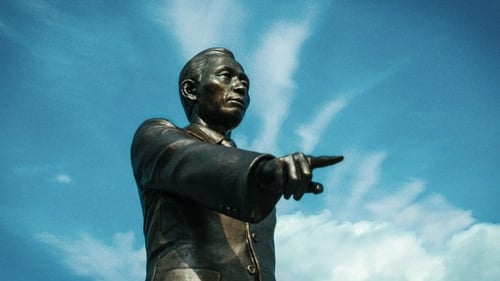
My father led a coup in 1961. Two years later, I became the president's daughter.

On April 26, 2017, THAAD was deployed in Soseongri, accompanied by the military boots of the Korean police and the sneers of American soldiers, destroying the peaceful daily lives of those who live here. THAAD, meant to stop wars, turns Soseongri into a battlefield. The people in Soseongri lie down on the asphalt road again to protect their lives.

Gukdo Art Cinema located in Daeyeon-dong, Busan is one of the most representative cinema in Busan for independent films and arthouse films along with Cinematheque Busan (currently moved to Busan Cinema Center) and Art Theater C+C. Gukdo opened in 2004 in Nampo-dong and moved to Daeyeon-dong in 2008 and has been a home for cinephiles in Busan and nearby areas for the last 10 years. The theater closed its operations on January 31st, 2018 after the building owner had refused to renew its contract. The last month of the theater is recorded in the movie Last Scene.
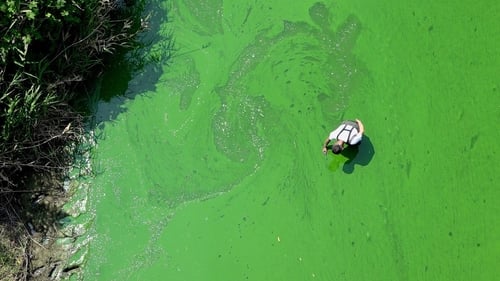
The Grand Canal project was one of the key pledges of the former President Lee. He first said that he was carrying out a project to save the four rivers but it was a lie. He eventually proceeded the project which was a hotbed of all kinds of irregularities. After ten years, now the river is dying. Some people collaborated to the past regime, and some resisted it. On whom will we stand?
















